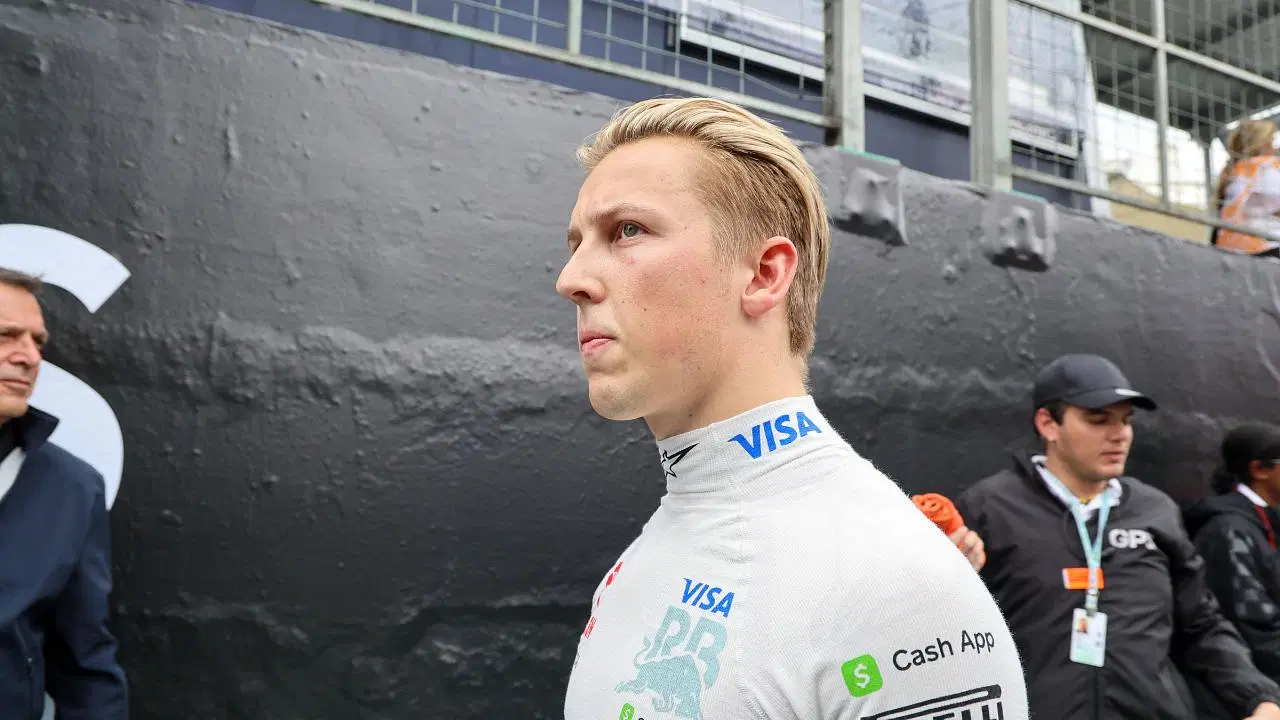Red Bull’s Liam Lawson recently voiced his frustration over McLaren’s choice to play the British national anthem during podium celebrations, arguing that it’s disrespectful to the New Zealand roots of McLaren’s founder, Bruce McLaren. As a proud New Zealander and the first from his country to enter Formula 1 since Brendon Hartley in 2018, Lawson feels that McLaren victories should honor the legacy of Bruce McLaren by using New Zealand’s anthem instead. He called it “bullsh*t” that McLaren celebrates with *God Save the King*, given the team’s history with New Zealand motorsport.
The protocol for F1 podiums dictates that the national anthem of the winning driver is followed by the anthem of the winning constructor, with the latter tied to the country issuing the team’s racing license. McLaren, the second-oldest team on the grid, has always raced under a British license since its foundation in 1963. Despite the founder’s New Zealand origins, the team has remained headquartered in the UK, making it eligible for a British license and anthem.

Lawson highlighted other F1 teams that have changed their racing licenses to reflect different national identities, suggesting that McLaren could do the same. Red Bull, for example, switched from a British to an Austrian license in 2007 to align with the Austrian ownership of the team, and other teams have made similar changes. This option would allow McLaren to play the New Zealand anthem if they wished to honor their founder’s nationality.
Lawson emphasized that this issue holds particular weight for New Zealanders, as Bruce McLaren is celebrated as a legend in New Zealand motorsport history. McLaren’s legacy as a driver, engineer, and founder who created one of F1’s most enduring teams remains a source of pride for his home country. For Lawson and many fans, McLaren victories feel incomplete without acknowledgment of these roots.
Today, McLaren’s ownership has shifted far from its origins, now largely controlled by Bahrain’s sovereign wealth fund and a U.S. investment firm. While the name and spirit of the team reflect its New Zealand heritage, its modern ownership and longstanding UK base mean that a switch to a New Zealand license—and thus a different anthem—may not align with its current structure. However, Lawson’s comments have reignited conversations around how F1 teams honor their founders and the significance of national identity in a global sport.

